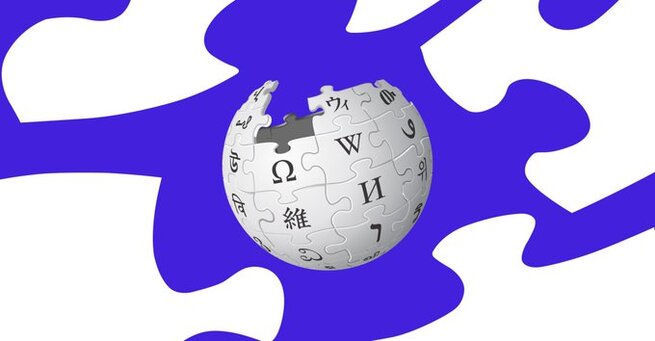
How Wikipedia is Fighting AI-Generated Low-Quality Content
With the rise of AI writing tools, Wikipedia has faced a surge of AI-generated content that often includes inaccuracies, false citations, and poor writing quality. This influx challenges Wikipedia’s core mission of providing reliable and neutral information. Wikipedia’s community of volunteers, dedicated to maintaining the platform’s credibility, has stepped up with innovative methods to identify and remove AI-generated “slop” content efficiently. In this post, we explore how Wikipedia is adapting to this new challenge while protecting the integrity of its articles.
The Challenge of AI-Generated Content on Wikipedia
AI tools can quickly produce vast amounts of text, but not all of it meets Wikipedia’s standards for accuracy and neutrality. Editors have reported being overwhelmed with drafts containing fabricated references, misleading information, and generic writing directed at users rather than readers. Such AI-generated entries can waste valuable editorial time and threaten the site’s trustworthiness. To address this, Wikipedia’s volunteer community treats these issues like an “immune system” response—detecting and neutralizing problematic content before it spreads.
New Strategies for Combating AI Slop Content
One major step Wikipedia has taken is the implementation of a “speedy deletion” rule for suspicious AI-generated articles. Traditionally, flagged articles enter a week-long community discussion before removal, but under the new approach, administrators can bypass this process if the article shows clear signs of AI origin and lacks proper review. Key signs include unnatural user-directed language, nonsensical or fake citations, and references that cannot be verified. This proactive rule helps volunteers focus their efforts on improving legitimate content rather than endlessly cleaning up AI mistakes.
Maintaining Trust and Reliability Amid AI Growth
As AI-generated content continues to evolve, Wikipedia’s community remains vigilant. Editors constantly update guidelines and tools to spot misleading or fabricated AI content. This ongoing adaptation highlights Wikipedia’s commitment to experience, expertise, authoritativeness, and trustworthiness (E-E-A-T). By balancing innovation with careful moderation, Wikipedia ensures users can rely on its vast resource for accurate and trustworthy knowledge—even in an age where AI-generated content is becoming increasingly common.
𝗦𝗲𝗺𝗮𝘀𝗼𝗰𝗶𝗮𝗹 𝗶𝘀 𝘄𝗵𝗲𝗿𝗲 𝗿𝗲𝗮𝗹 𝗽𝗲𝗼𝗽𝗹𝗲 𝗰𝗼𝗻𝗻𝗲𝗰𝘁, 𝗴𝗿𝗼𝘄, 𝗮𝗻𝗱 𝗯𝗲𝗹𝗼𝗻𝗴. We’re more than just a social platform — from jobs and blogs to events and daily chats, we bring people and ideas together in one simple, meaningful space.